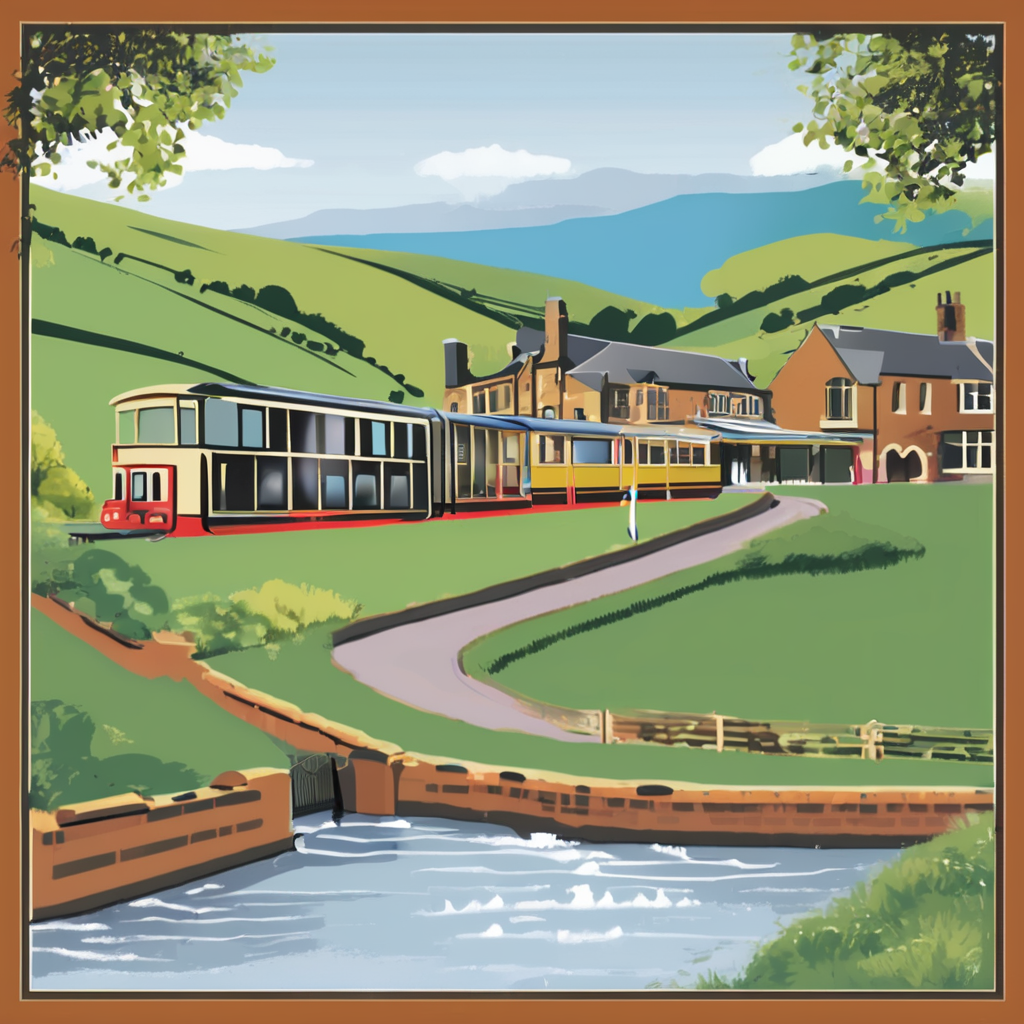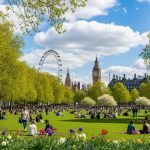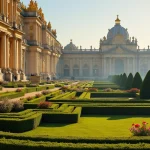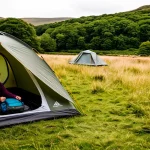Immersing Yourself in the UK’s Living Folklore
Discovering UK folklore experiences offers an unmatched way to connect with the rich tapestry of the nation’s history and identity. Folklore in the UK is more than tales; it is a living tradition embedded in festivals, rituals, and daily practices. Engaging with these stories and customs unveils the perspectives and values that have shaped local communities for centuries.
Experiencing traditional UK customs firsthand deepens your understanding of the culture’s roots. Whether attending a midsummer celebration, exploring ancient rituals, or witnessing folk dances, these encounters provide tangible links to the past. They encourage active participation, making the history come alive in a way that books alone cannot achieve.
Also to discover : How to Plan an Eco-Friendly Vacation in the UK?
Cultural immersion through folklore allows visitors and residents alike to appreciate the subtle nuances and regional variations that enrich the UK’s cultural landscape. These experiences foster a sense of belonging and respect for heritage, transforming abstract knowledge into memorable, personal experiences. Engaging with UK folklore experiences ensures that these traditions continue to thrive, inviting new generations to keep their stories alive.
Celebrating Folklore Through Festivals and Events
The UK folklore festivals are vibrant celebrations of traditional stories, customs, and communal heritage. These events provide immersive experiences where locals and visitors alike can engage with the rich tapestry of British culture.
Also to read : How to Experience the UK’s Festivals Like a Local?
Across regions, iconic festivals mark the calendar year with distinctive flavors. For example, the May Day celebrations in various parts of England showcase centuries-old customs like morris dancing and crowning the May Queen. In Scotland, the Beltane Fire Festival embodies the ancient Celtic rite welcoming summer. Wales presents events steeped in mythology, such as the Mari Lwyd procession around Christmas.
Participating in these traditional British events often involves not just spectating but active involvement. Many festivals invite attendees to join in singing folk songs, dancing traditional steps, or wearing customary costumes. This engagement fosters a deeper connection to the stories and values that have shaped local identities.
The annual celebrations usually follow the seasonal cycle: spring and summer see harvest-related and fertility festivals, while autumn and winter focus on remembrance and renewal rituals. Understanding these patterns can help enthusiasts plan visits to experience the most authentic and lively expressions of UK folklore.
Visiting Historic Sites and Living Museums
Exploring UK folklore museums offers a fascinating window into centuries-old traditions and stories that shape cultural identity. These museums specialize in preserving folklore and traditions, often showcasing costumes, artifacts, and oral histories that bring legends to life. Visitors can expect immersive experiences that connect them directly with the past.
When considering cultural heritage locations, living museums stand out, as they recreate historical environments with actors demonstrating traditional crafts, music, and daily activities. This approach enriches understanding by allowing guests to witness folklore in action, rather than just through static displays.
Recommended historical sites include those with comprehensive collections and interactive exhibits. These sites provide authentic perspectives on regional myths and customs, helping visitors appreciate the depth and diversity of British folklore. Many also offer seasonal events aligned with festive traditions, enhancing engagement.
By visiting these museums and sites, one gains valuable insight into the narratives and practices that have influenced communities for generations. This hands-on exploration fosters a deeper connection to the cultural fabric of the UK, making folklore tangible and memorable.
Participating in Local Customs and Community Gatherings
Engaging with local traditions UK offers a wonderful way to deepen your travel experience and connect authentically with communities. Respectful involvement starts with understanding the significance of each custom. For example, many community folklore events invite visitors to observe rather than immediately join, preserving the ritual’s integrity.
Some rituals, like the ancient maypole dances or midsummer bonfires, encourage hands-on cultural participation once the initial formal ceremonies conclude. Joining in traditional singing or crafting activities can enrich your visit while showing genuine appreciation. Always seek permission before taking photos or participating, as this demonstrates respect for local values.
Connecting with local guides can enhance your experience. These experts provide context and facilitate interactions, helping you navigate subtle social cues. They also introduce you to smaller, less touristy community events where your presence is welcomed.
Embracing local traditions UK with sensitivity and openness transforms a simple visit into a memorable cultural exchange. Taking active part in community folklore events enables meaningful connections while honoring the heritage that communities cherish.
Exploring Regional Variations in Folklore
Folklore diversity across the UK is marked by distinct regional customs that reflect each country’s unique history and culture. England’s folklore often highlights figures like Robin Hood and tales of ancient kings, showcasing a deep connection to traditional customs by country. These stories frequently emphasize woodland adventures and the triumph of the common folk.
Scotland, with its rugged landscapes, brings a different flavor to its folklore, including legends like the Loch Ness Monster and historical heroes such as Rob Roy. These narratives embody the spirit of resilience and mystery, offering insight into Scottish identity.
Wales is renowned for its rich mythological tradition featuring dragons, as seen in the national flag, and tales recorded in the Mabinogion. The region’s folklore highlights a blend of Celtic myths and local customs, emphasizing a strong tie to language and land.
Northern Ireland’s folklore, too, boasts notable figures such as the banshee and the leprechaun, symbolizing both ominous warnings and playful mischief. These stories display a profound intertwining of history and supernatural beliefs, enriching the tapestry of regional UK folklore overall.
Planning Your Folklore Adventure in the UK
Planning your UK folklore adventure requires careful consideration of festival planning and cultural itineraries to fully immerse yourself in the rich traditions. Timing your visit to coincide with key folklore events enhances the experience. Many festivals occur seasonally, so researching the calendar helps align your trip with gatherings like traditional fairs or storytelling sessions.
When organizing your trip, leveraging reliable resources for booking tours and experiences is essential. Numerous guided tours specialize in folklore, offering expert insights into local myths and legends. Booking early secures spots and often includes access to exclusive cultural activities unavailable to casual visitors.
Ethical and respectful engagement with local communities should guide your journey. It’s best to approach folklore with cultural sensitivity, honoring traditions and avoiding commercialization trap. Participating actively but respectfully in events fosters genuine connections and enriches your understanding of UK folklore.
Consider integrating a cultural itinerary combining historic sites, natural landmarks, and live performances. This multifaceted approach ensures a well-rounded folklore exploration, deepening appreciation beyond mere sightseeing. Following these UK folklore travel tips can transform your adventure into a meaningful and memorable experience.




